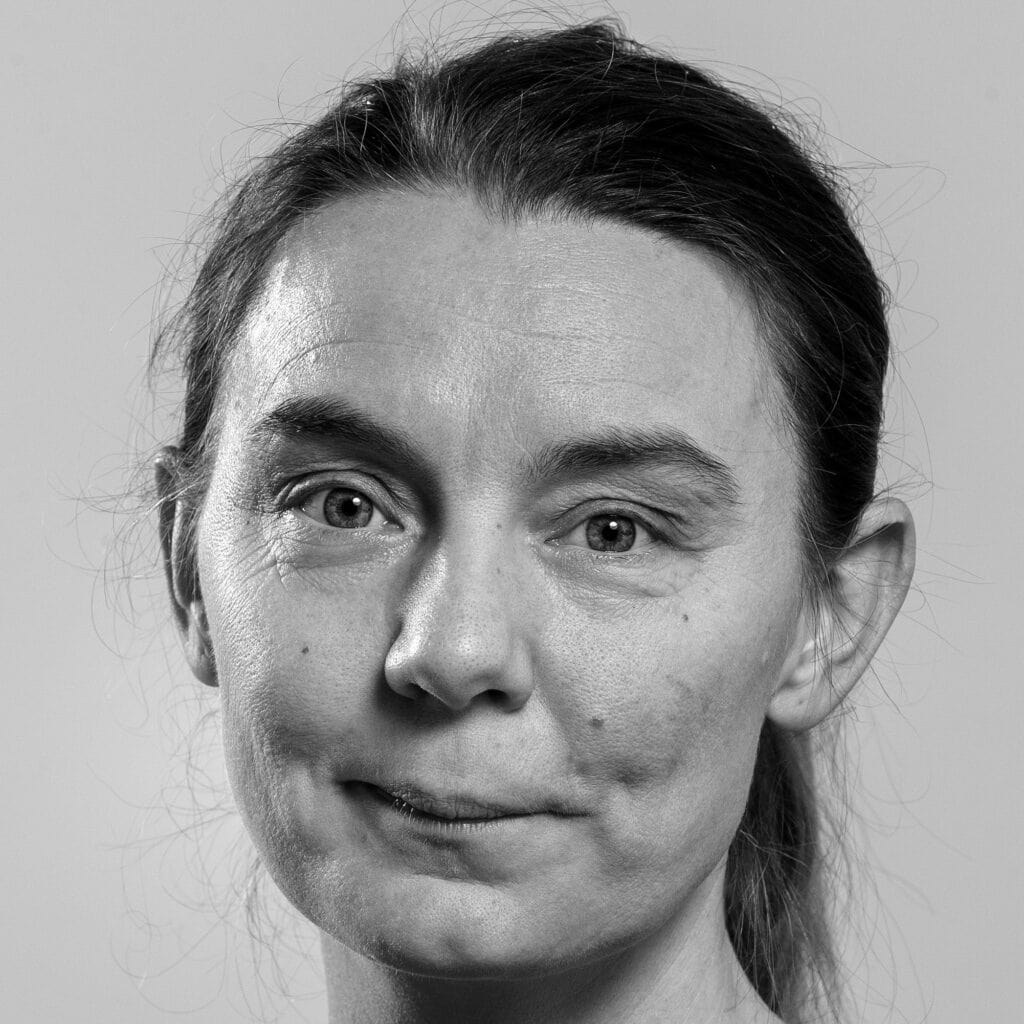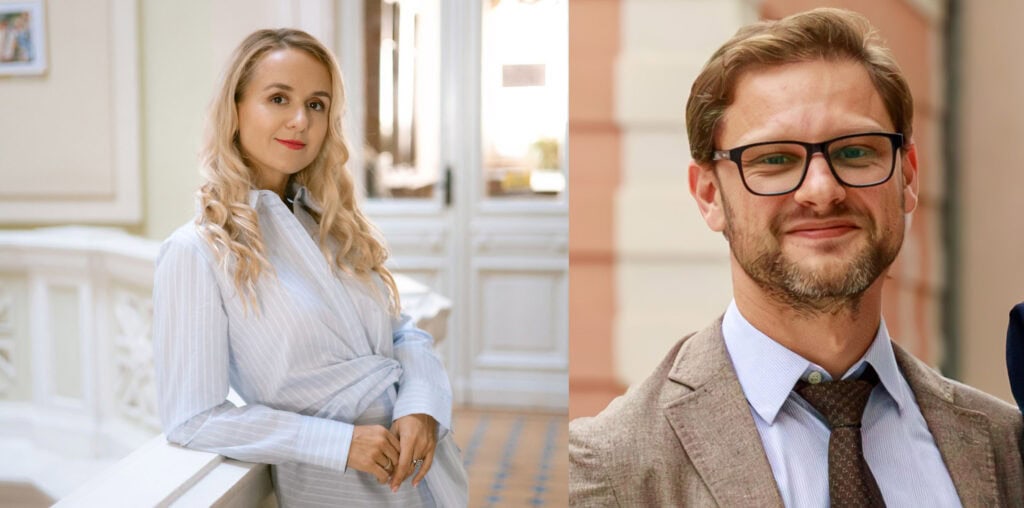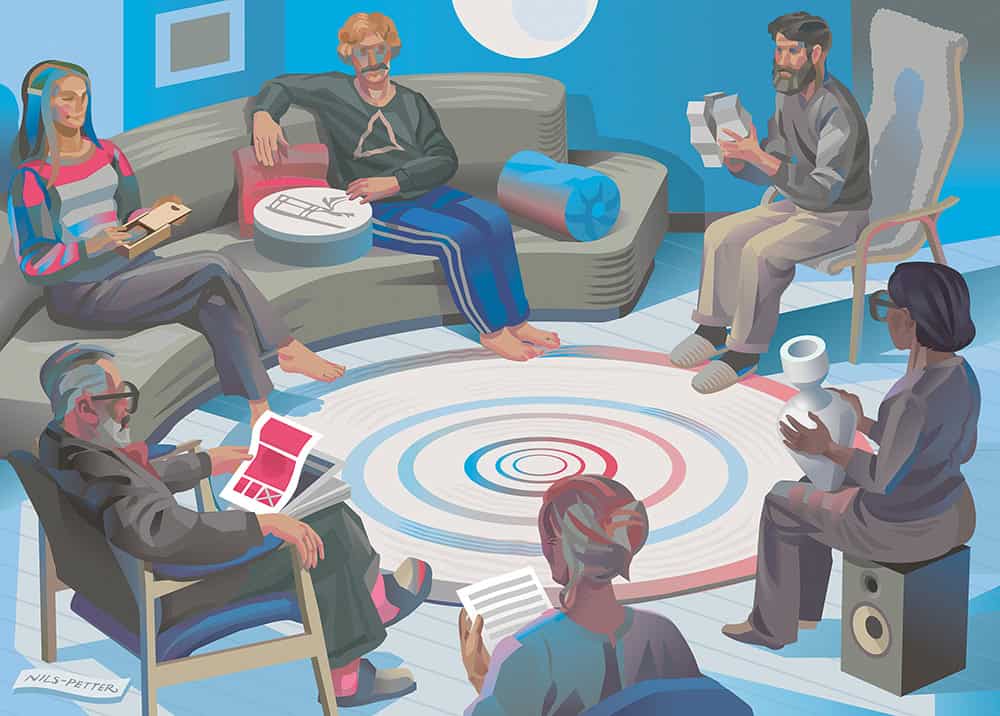Researchers from nine countries at ten European higher education institutions ran the three-year UniSAFE project, which formally ended in January 2024. One of the participating institutions was Örebro University, where Sofia Strid was the project leader.
UniSAFE is about countering gender-based violence, which is defined as physical, economic, psychological or sexual violence, explains Strid, who now works at Gothenburg University.

Sofia Strid
Project leader, UniSAFE
Two thirds of students and staff
One study within the project, which Universitetsläraren has written about previously, shows that nearly two-thirds, 62 per cent, of the 42,000 students and employees at 46 universities and colleges in 15 European countries who responded to a survey have experienced gender-based violence to some degree.
Of these, 57 per cent report that they have experienced psychological violence and 31 per cent report sexual harassment. But 6 per cent have also been subjected to physical violence, while 3 per cent report sexual violence.
Within the project, the researchers mapped frameworks and policies regarding gender-based violence. They also interviewed people who have experienced gender-based violence and conducted a number of case studies at European universities. In total, universities and colleges in 27 EU countries were included, as well as institutions in the United Kingdom, Serbia, Turkey, Canada and the United States.
Tools developed
In connection with the conclusion of the UniSAFE project, the researchers have presented a toolbox for countering gender-based violence. It is based on the research results and was developed by testing the material at workshops at the various European universities.
“So it is not just the project’s researchers who have developed the tools,” says Strid. “We have done it together with the universities.”
The toolbox contains a knowledge database, with facts about gender-based violence. It also contains an overview of the various policies that exist at the 48 higher education institutions included in the study, as well as a number of good examples to provide inspiration, she explains.
In addition, the toolbox contains educational material for students and teachers, action plans and recommendations, as well as a guide for how higher education institutions should design policies and implement tools to counter gender-based violence.
It also includes strategies for dealing with various difficulties and obstacles during implementation, for example if the management does not support the work or where it is dependent on dedicated and enthusiastic individuals working on a voluntary basis, she adds.
“The assessment tool is used by the institution to show where its strengths and weaknesses lie, while the guide shows how to design, implement, monitor and evaluate a policy that can reduce gender-based violence.”
Money for another three years
As UniSAFE, which was funded by the EU’s Horizon 2020, comes to an end, the researchers have been given SEK 15 million by the European Commission to conduct follow-up work. March 2024 will see the launch of the new project GenderSAFE, which will provide training in the material produced by UniSAFE.
“We will build on the knowledge and tools that were produced within the UniSAFE project and work together with decision makers and research organisations to be able to use the material. So that everything we produced in UniSAFE can have a real impact.”
After working with selected universities within UniSAFE, they will now reach out to even more, says Sofia Strid.
What is UniSAFE?
Ten universities from nine different countries participated in the UniSAFE project. At Örebro University, Sofia Strid and researchers Liisa Husu and Jeff Hearn took part, as did Hans Ekbrand and Fredrik Bondestam at Gothenburg University.
UniSAFE examined laws and policies in 27 EU countries, as well as the UK, Serbia, Turkey, Canada and the USA. A survey was then conducted among 46 universities, colleges and research organisations in 15 of the countries.
The survey shows that almost two out of three respondents have experienced some form of gender-based violence. Approximately one in ten reported the incident.


















